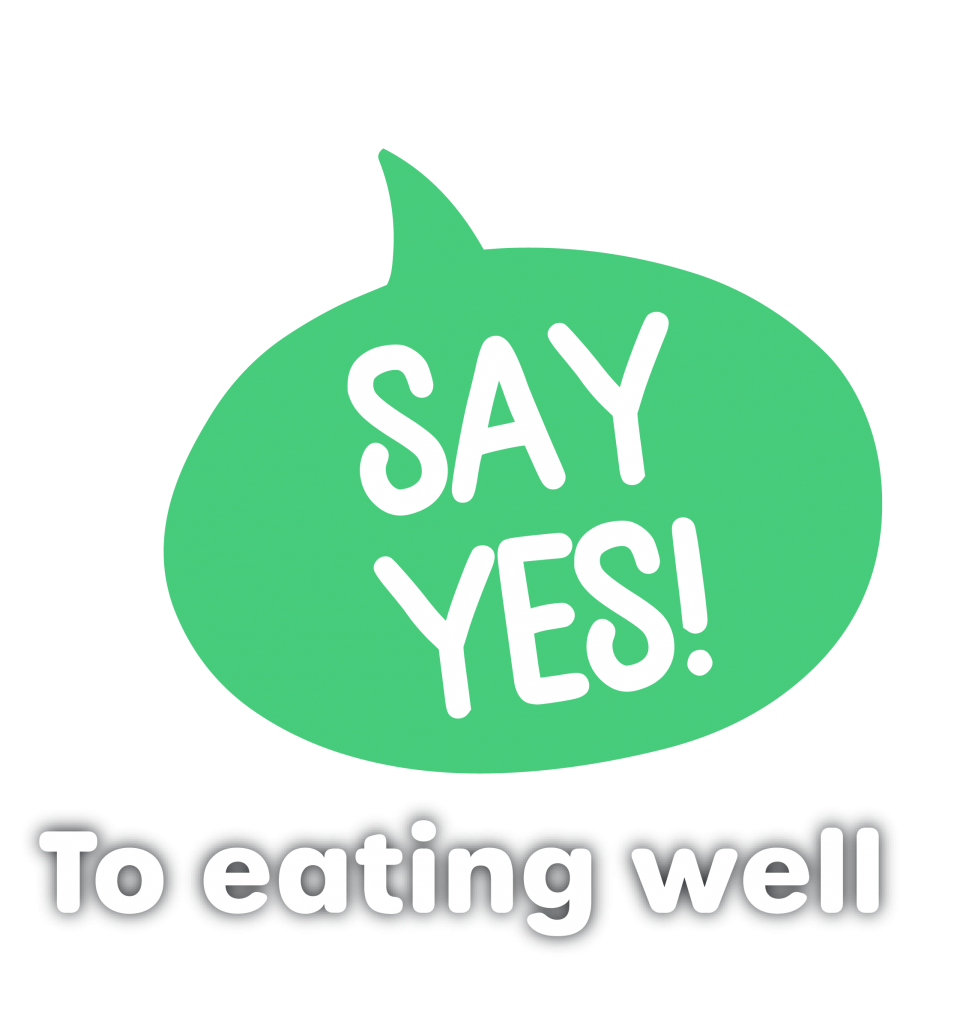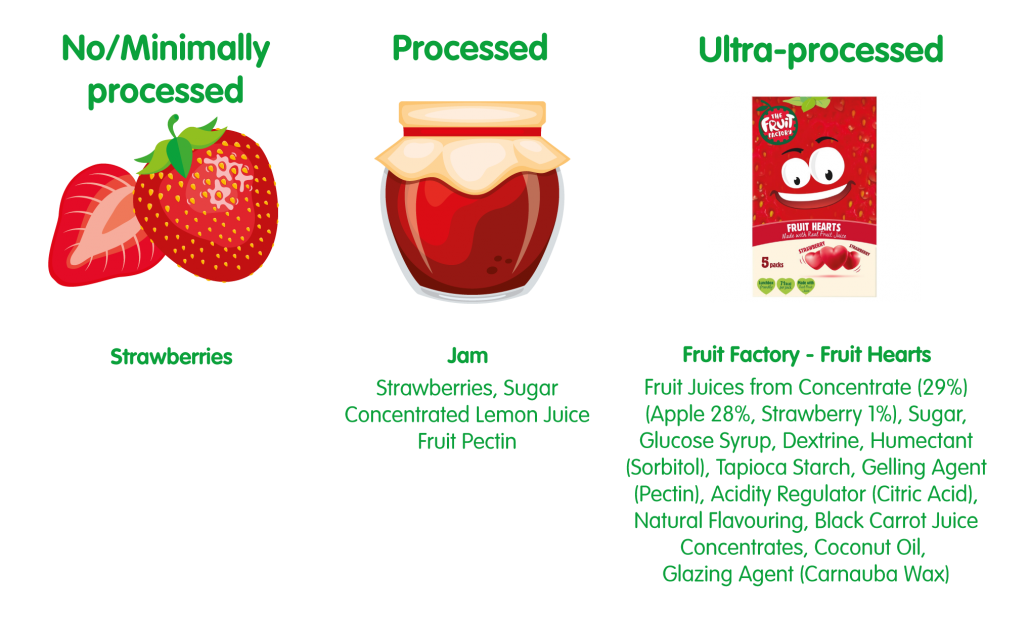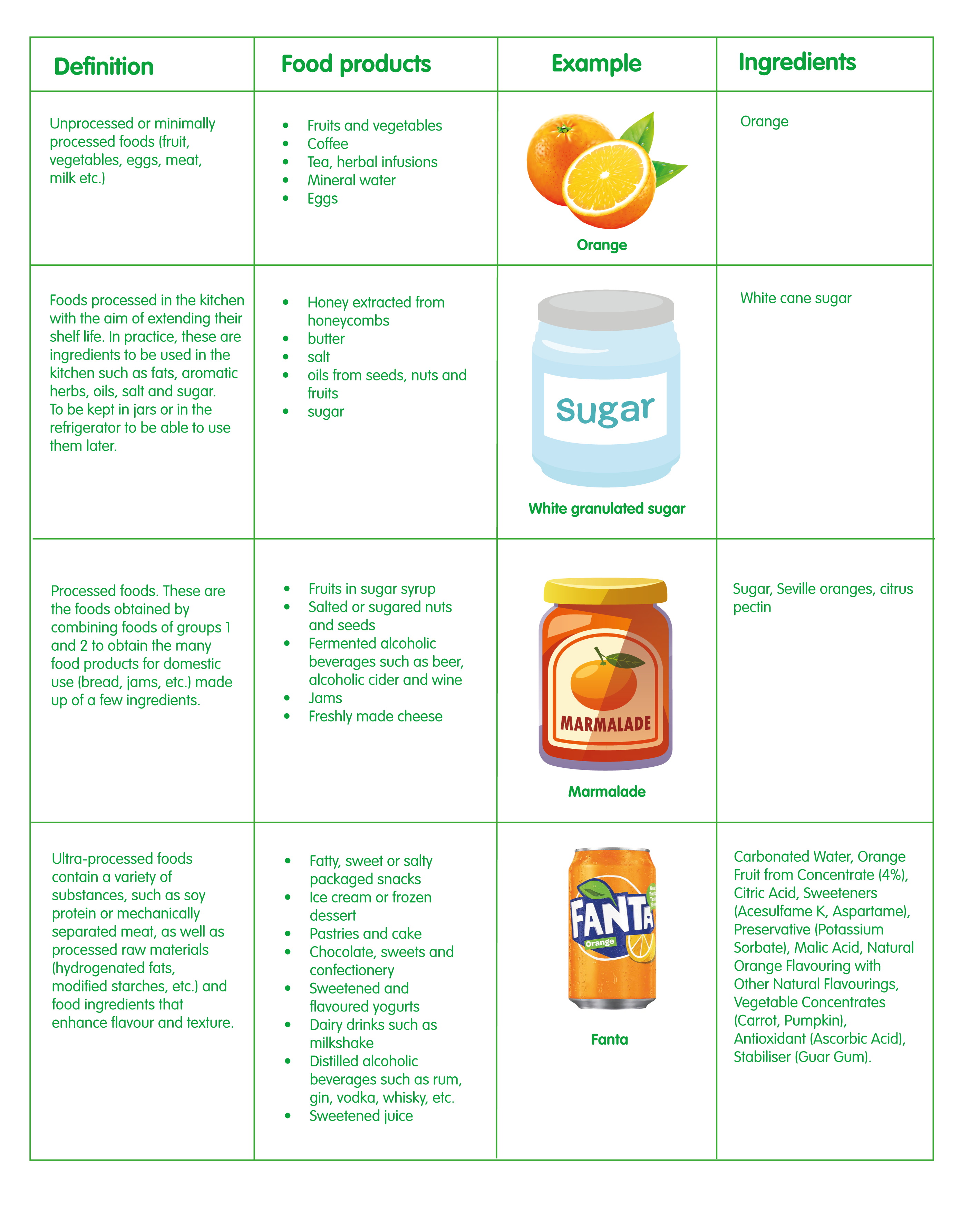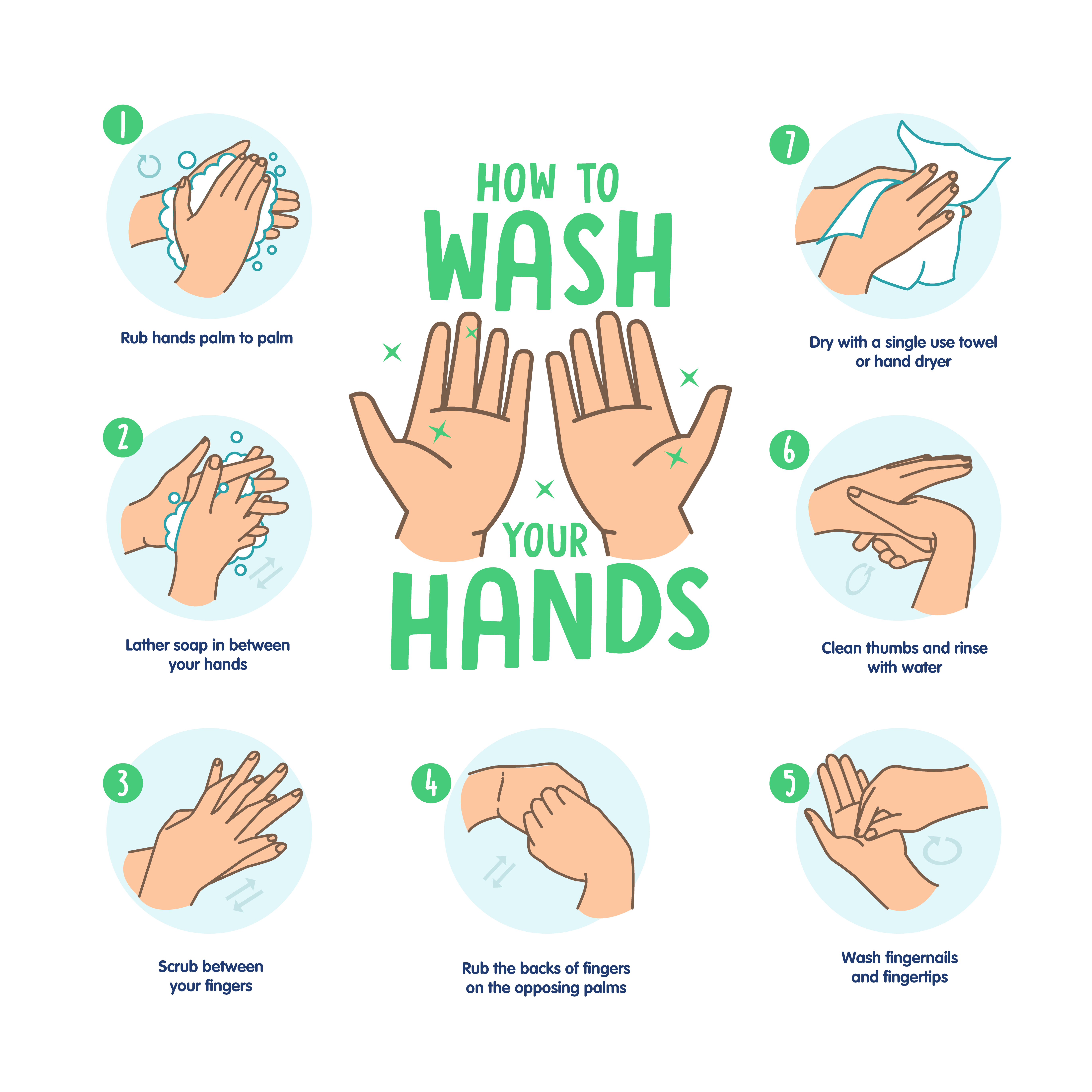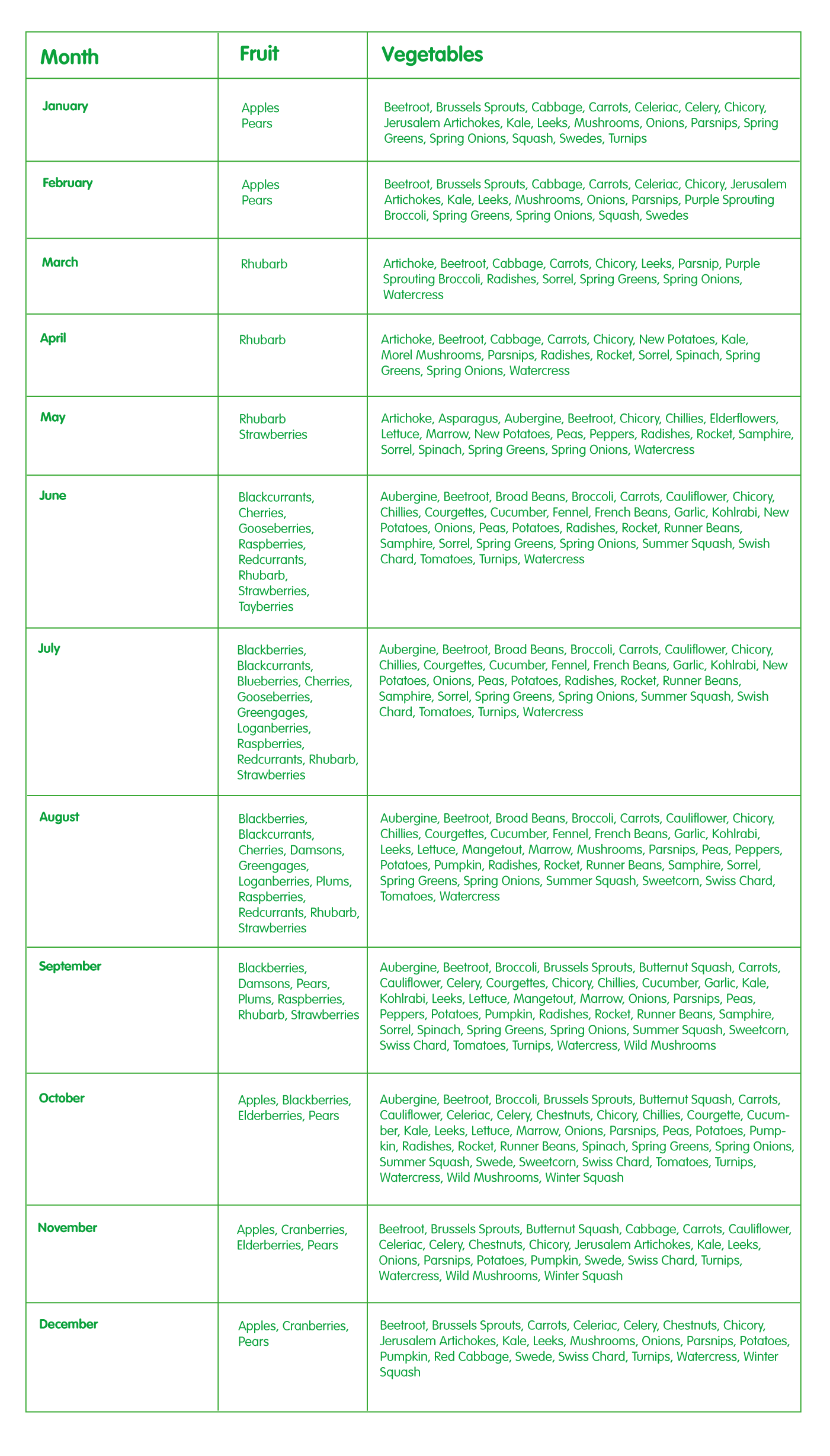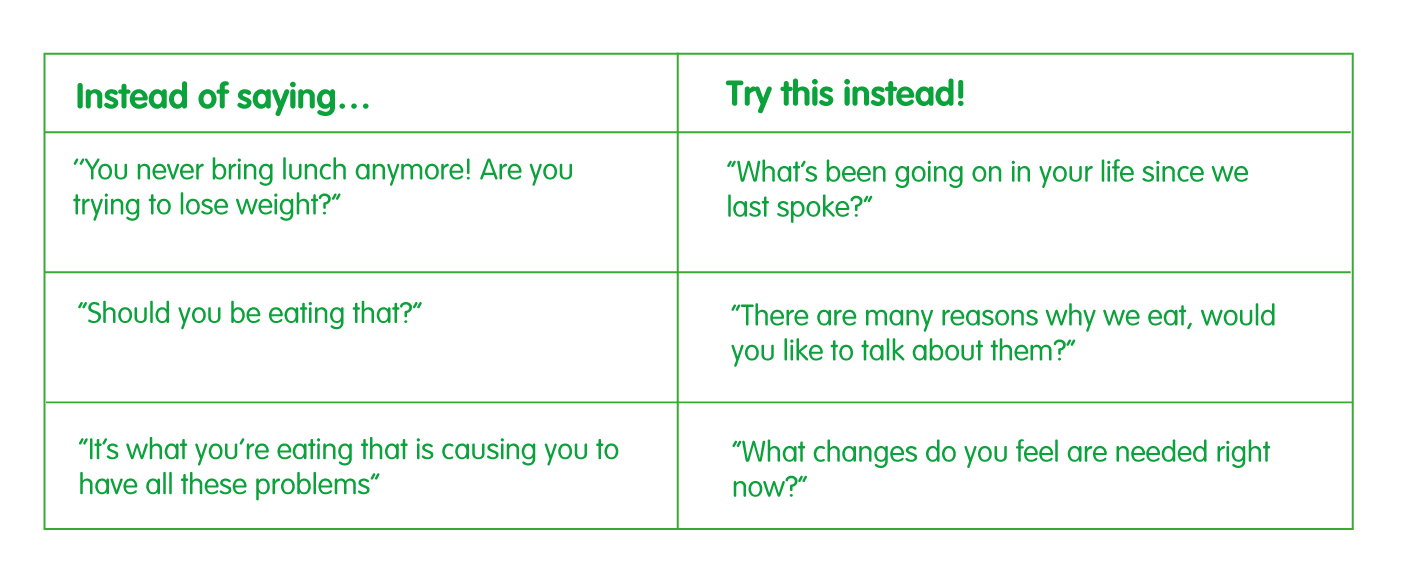What is a calorie?
Calories are a measure of how much energy food or drink contains. The amount of energy you need will depend on:
- your age – for example, growing children and teenagers may need more energy
- your lifestyle – for example, how active you are
- your size – your height and weight can affect how quickly you use energy
Other factors can also affect how much energy you burn. For example:
- some hormones (chemicals produced by the body) – such as thyroid hormones
- some medicines – such as glucocorticoids, a type of steroid used to treat inflammation
- being unwell
Foods being high-calorie or low-calorie does not make them healthy or unhealthy – it just means that they have higher or lower amount of energy. For example, a handful of unsalted, unprocessed nuts are likely to contain more calories than a couple of chocolate biscuits. But nuts contain healthy unsaturated fats, protein, B vitamins, vitamin E and minerals including iron, potassium, selenium, magnesium, zinc and copper. In contrast, chocolate biscuits are higher in sugar and in unhealthy saturated fats and generally have lower nutritional value.
What is the difference between saturated and unsaturated fat?
A small amount of fat is an essential part of a healthy, balanced diet. Fat is a source of essential fatty acids, which the body cannot make itself.
Fat helps the body absorb vitamin A, vitamin D and vitamin E. These vitamins are fat-soluble, which means they can only be absorbed with the help of fats.
Saturated fats are found in many foods, both sweet and savoury. Most of them come from animal sources, including meat and dairy products, as well as some plant foods, such as palm oil and coconut oil. Eating too much saturated fats in your diet can raise “bad” LDL cholesterol in your blood, which can increase the risk of heart disease and stroke.
Mostly found in oils from plants and fish, unsaturated fats can be either monounsaturated or polyunsaturated. Monounsaturated fats help protect your heart by maintaining levels of “good” HDL cholesterol while reducing levels of “bad” LDL cholesterol in your blood. Polyunsaturated fats can also help lower the level of “bad” LDL cholesterol in your blood.
If you want to reduce your risk of heart disease, it’s best to reduce your overall fat intake and swap saturated fats for unsaturated fats.
What does the red, amber, and green colour coding mean?
Some front-of-pack nutrition labels use red, amber, and green colour coding.
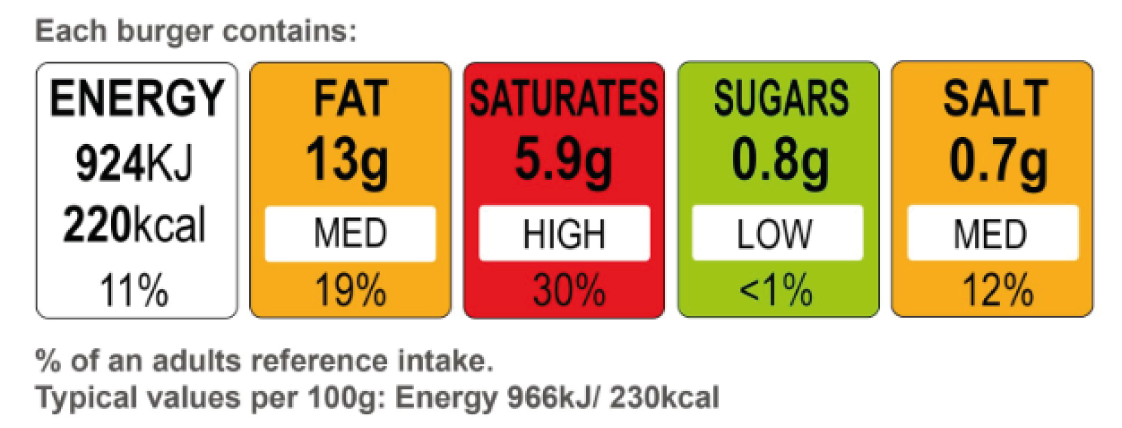
Colour-coded nutritional information tells you at a glance if the food has high, medium or low amounts of fat, saturated fat, sugars and salt:
In general, a food or drink that has all or mostly green on the label is a healthier choice.
Amber means neither high nor low, so you can eat foods with all or mostly amber on the label most of the time.
Any red on the label means the food is high in fat, saturated fat, salt, or sugars. This means you should eat these foods less often or in smaller amounts. This does not mean that you need to eliminate these foods altogether – but should enjoy them in moderation as part of a balanced diet.
What is the difference between a use-by date and a best-before date?
The difference between best before and use-by dates is really important. Some foods deteriorate over time in a way that may present a food safety risk. On most packaged food, depending on the product, you will see either:
- a use-by date – this relates to food safety. After this date, the food product is likely to be risky in terms of health.
- a best before date – this relates to food quality. In this case, this is an optimal date before which the food should be consumed, meaning that after that date, the quality of the food is not guaranteed, although it does not actually pose a health risk.

